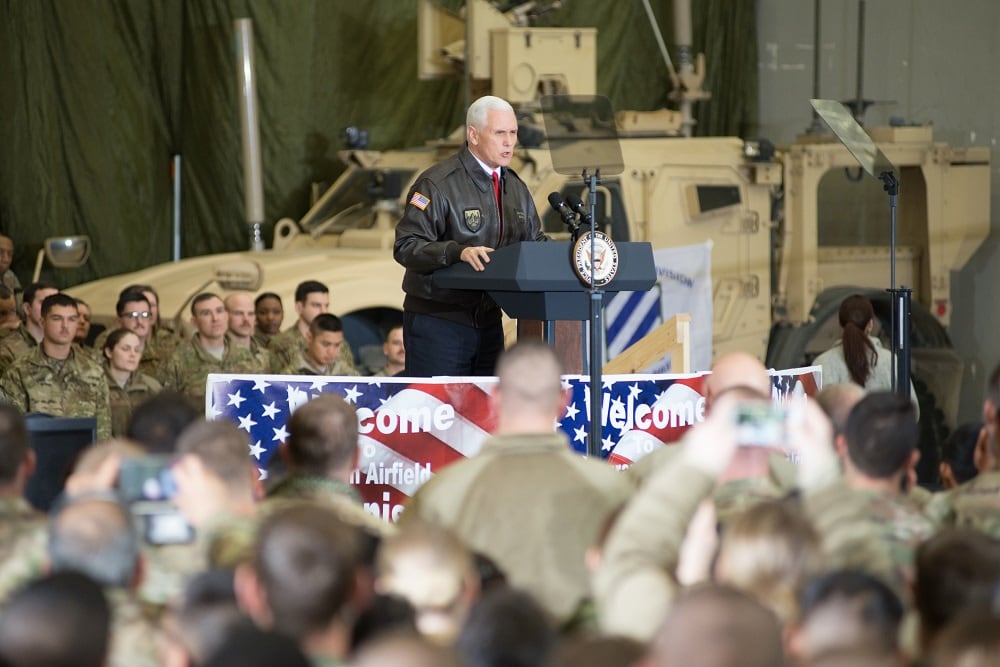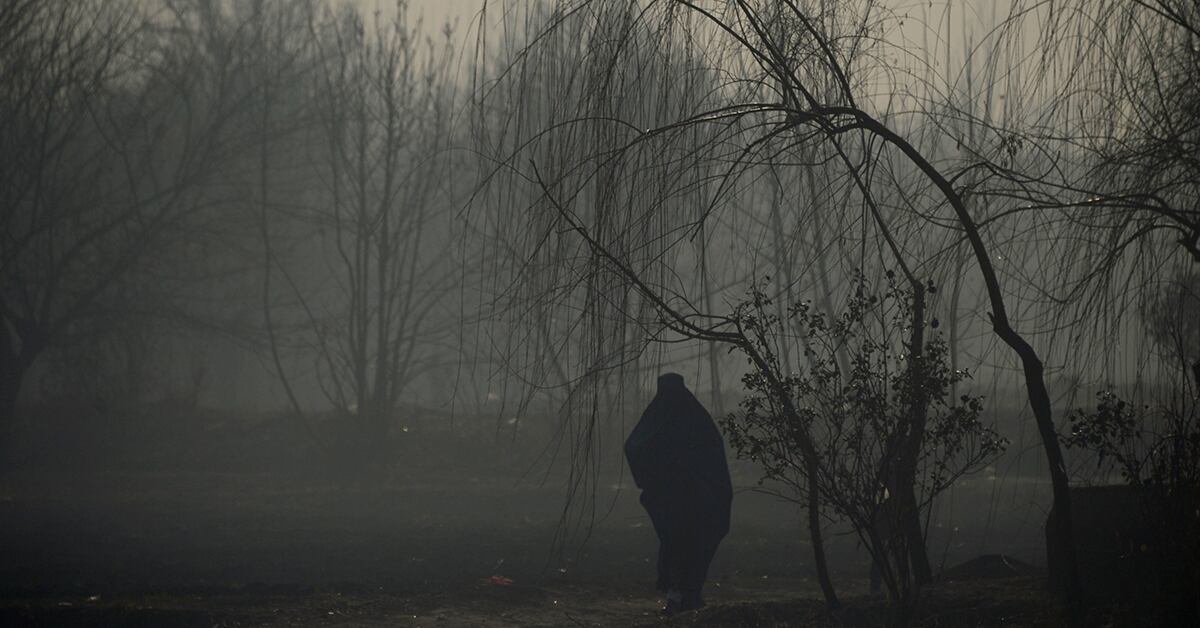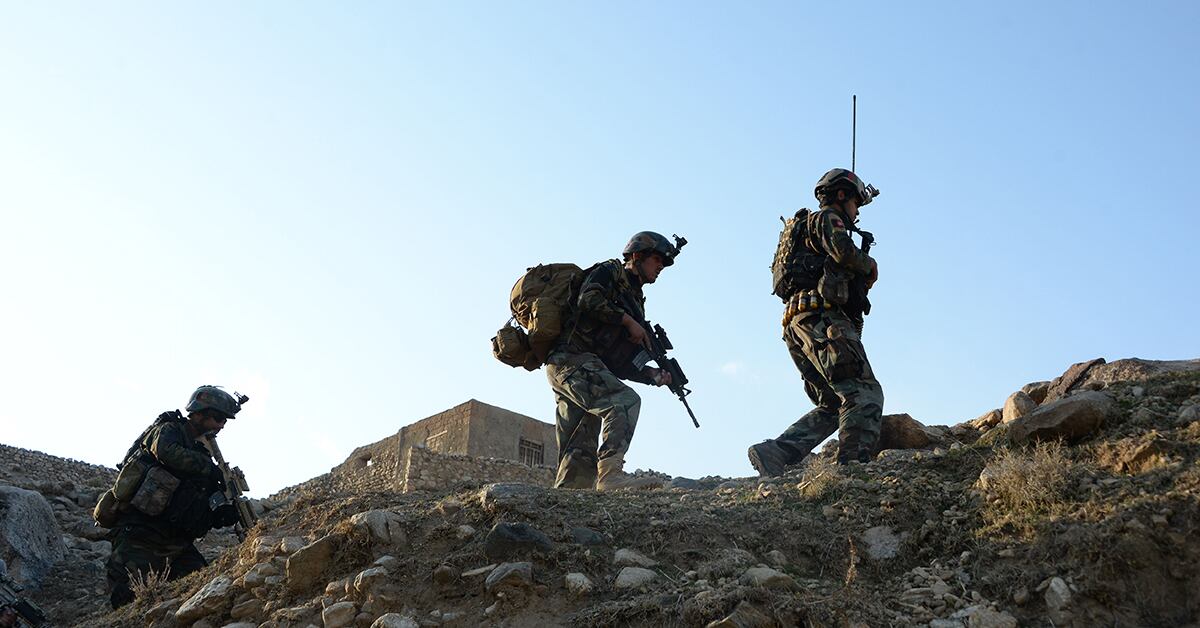UNITED NATIONS — U.S. Ambassador Nikki Haley said Wednesday that the Trump administration’s policy in Afghanistan is working, saying talks between the government and Taliban extremists, and a peace process, are closer than ever before.
She called a weekend trip to Afghanistan by the U.N. Security Council “great” because “we could see dramatic changes in terms of what the U.S. policy has been doing.”
President Donald Trump’s plan for Afghanistan aims at ending America’s longest war and eliminating a rising extremist threat in the country.
It involves shifting away from a “time-based” approach to fighting the war to instead put emphasis on linking U.S. assistance to concrete results and cooperation from the Afghan government. It includes sending up to 3,900 more U.S. troops on top of the 8,400 Americans that former President Barack Obama left in Afghanistan.
“The U.S. policy on Afghanistan is working,” Haley said. “We are seeing that we are closer to talks with the Taliban and the peace process than we’ve seen before. ... And I think we really are going to work toward a peace process with the goal being that we do not want Afghanistan to be a safe haven for terrorism anymore.”
RELATED

Kazakhstan’s U.N. Ambassador Kairat Umarov, the current council president who led the trip, said members were concerned “with the persistence of insecurity, especially with the intensification of terrorist activities in the north and east of Afghanistan and the regrouping of foreign terrorist fighters coming out of Syria and Iraq in Afghanistan.”
He said the council urged the intensification of peace and reconciliation efforts, “knowing that the military solution cannot be sufficient without the political process.”
Umarov said members also stressed the importance of sticking to the electoral calendar which calls for elections for parliament and district officials this year and president next year.
Haley called elections “the biggest importance for the U.S.”
“We along with the council reiterated the point that they need to be free and fair elections, but they also need to include every ethnic community so that it is inclusive and moves forward to being something that represents the people,” Haley said.
The council visit followed the Trump administration’s announcement this month that it was suspending military aid to Pakistan until it takes decisive action against militants.
In August, the U.S. infuriated Pakistan by accusing it of providing a haven for extremist groups that carry out attacks in neighboring Afghanistan. Pakistan repeatedly has said it is acting against Taliban insurgents and members of the Haqqani militant group.

Umarov said in response to a question on the impact of the U.S. action that “this was also a part of discussions” during the council trip.
But he stressed that the discussions “were more on the positive side,” stressing that the Afghan government said it is ready to negotiate and work with regional partners on a host of issues.
“So the message of the Afghan government was very reassuring from the point of view of continuing efforts to find the peaceful resolution to all the outstanding issues,” Umarov said.
Haley didn’t comment on the Pakistan aid cut, but said earlier that the Afghan government asked “for consensus on international pressure to get Pakistan to change its behavior.”
“They continue to make 10 steps forward, and with Pakistan they feel like they continue to take steps backward,” she said. “And they said that as long as they’re supporting terrorism in Pakistan the Afghan community is continuing to feel that it is not safe.”





